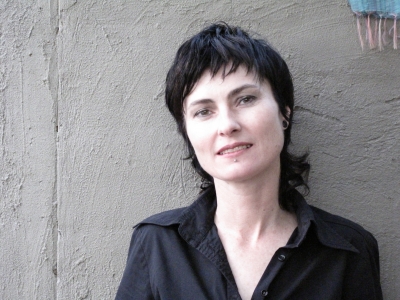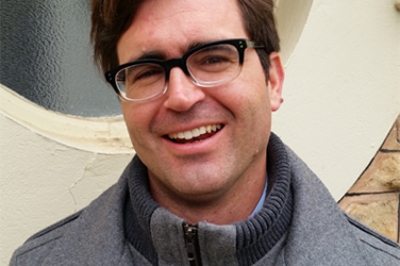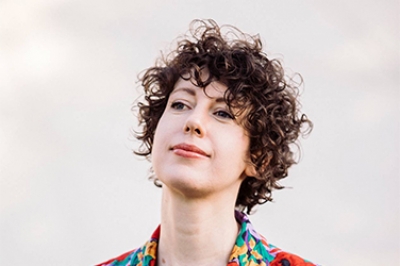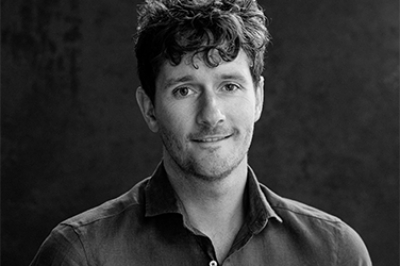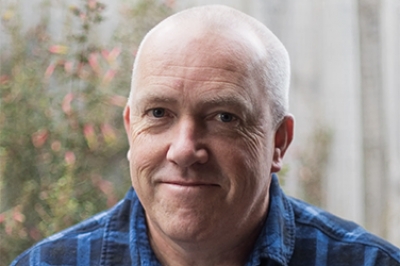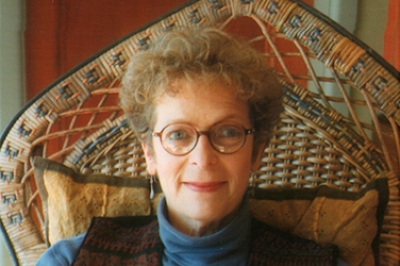Interviews
Fiona Kelly McGregor has published eight books, including Buried Not Dead and Indelible Ink. Her latest title is the historical novel Iris. McGregor is also known for her performance art and event curation, and contributes regularly to The Saturday Paper, Sydney Review of Books, and The Monthly.
... (read more)An interview with Martin Flanagan.
... (read more)Terri-ann White was Director of UWA Publishing (2006–20). In 1999, she established the Institute of Advanced Studies, a cross-disciplinary centre at the University of Western Australia. She has been an independent bookseller and writer. In 2021, she established a new publishing house, Upswell Publishing, based in Perth and building a list of distinctive literary works in fiction, poetry, and narrative non-fiction.
... (read more)Hell is predictable. Nothing changes. You are always the same, and the people around you are always the same. They say the same things, have the same thoughts, repeat the same gestures, stage the same hostilities or enthusiasms, over and over without end.
... (read more)For me, if a poem doesn’t originate in the body, in the gut, it’s usually a plotting of the forebrain, an attempt to ‘say something’, and should be ignored.
... (read more)I like criticism that engages deeply with a work and brings interesting readings to the text that I might not have seen myself. For those reasons, I admire the writing of Oliver Reeson and Khalid Warsame.
... (read more)A new series called Interpretations, published by Melbourne University Press, aims to provide up-to-date introductions to recent theories and critical practices in the humanities and social sciences. Series Editor, Ken Ruthven, answers some questions about the role and reception of critical writing.
Does the brief introduction to the series, which says it ...
When Dorothy Hewett won the Victorian Premier’s Literary Award for non-fiction with the first volume of her autobiography, Wild Card, it was a popular choice on the night. She’s a writer who has attracted all kinds of controversy, from libel suits to outrage over her flamboyant politics, both sexual and social. She has published four volumes of poetry, thirteen plays, but only one novel, called Bobbin Up, back in 1959. Jack Beazley, in a review for the Communist Review, criticised the novel for ‘an overstressing of physical relations’; a judgment that evidently didn’t deflect Dorothy Hewett from her interests, since physical relations, and the way that women feel about them, are still stressed in The Toucher. Setting herself a difficult task, Hewett has placed her central character, a woman writer, in a wheelchair, and without the company of a male lover, in order to talk about some of the things that preoccupy her now: old age, loneliness, physicality, relationships, personal history. She’s a generous talker, open and friendly, willing to think about any topic that is presented, and obviously very pleased to have produced another novel after years of believing that she couldn’t write one. I began by asking Dorothy Hewett how she felt about returning to the novel after so many years writing poetry and plays.
... (read more)My sister died seventeen years ago and there aren’t many days I don’t miss her. I’d like us to be walking together beside the Murray River near our place in Merbein, hearing her laugh, and being renewed by the sunshine through the river red gums.
... (read more)Susan Varga is the author of Heddy and Me, Happy Families, Broometime (co-authored with her partner Anne Coombs), Headlong, and Rupture. Her most recent book is Hard Joy (Upswell, 2022).
... (read more)

